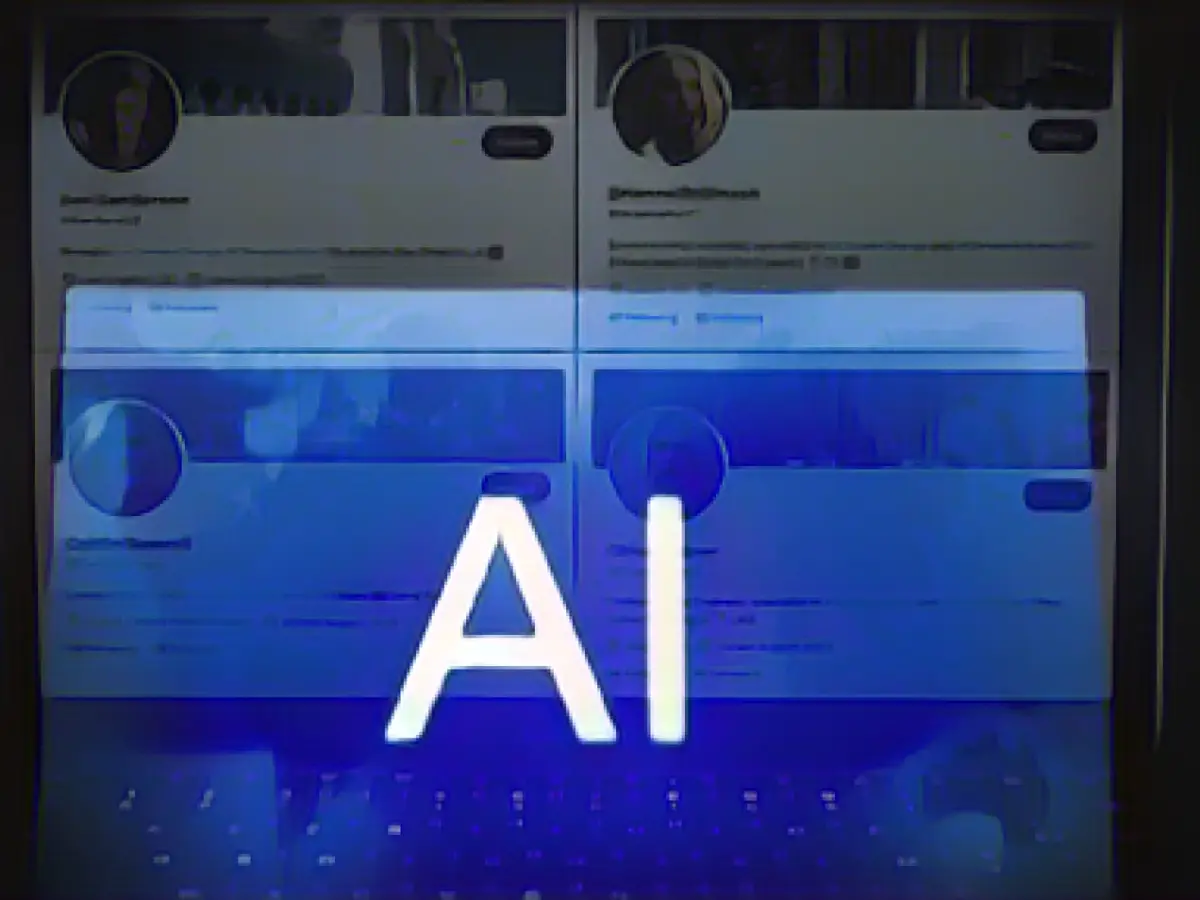EU postpones negotiations on artificial intelligence
The EU Commission under President Ursula von der Leyen first proposed a legal framework for the use of artificial intelligence in April 2021. If an agreement is reached, Europe would be a global pioneer. According to the Commission and the European Parliament, strict rules would apply to "high-risk applications" such as self-driving cars.
The major member states Germany, France and Italy had recently warned against strict regulations in order to avoid jeopardizing the development of this future technology. Digital and Transport Minister Volker Wissing (FDP) appealed to the EU to take a coordinated approach internationally and "not to go it alone".
Read also:
- This will change in December
- German activists speak out in Dubai on suffering in Israel and the Gaza Strip
- Nuclear fusion - hype or solution to energy problems?
- Budget crisis fuels debate on citizen's income - Bas warns against populism
The EU Commission, led by President Ursula von der Leyen, initially proposed a regulatory framework for artificial intelligence usage in April 2021. With an agreement in place, Europe could lead as a global innovator in this field. Strict guidelines are expected for "high-risk applications" like self-driving vehicles, as per the Commission and the European Parliament's stipulations.
However, major member states, such as Germany, France, and Italy, voiced concerns against stringent regulations, fearing it could hamper the progress of this emerging technology. Germany's Digital and Transport Minister, Volker Wissing (FDP), urged the EU to adopt a unified global approach to avoid isolation.
The postponement of negotiations on artificial intelligence was announced by the EU, leaving many to wonder about the direction and timing of the negotiations. Thierry Breton, the EU Commissioner for Internal Market, has been actively using Twitter to discuss the progress and challenges of these negotiations.
The European Parliament, despite the postponement, remains committed to safeguarding the ethical use of artificial intelligence. The Commission, spearheaded by President von der Leyen, is determined to ensure that Europe remains at the forefront of artificial intelligence developments, subject to responsible and transparent practices.
This postponement has sparked a debate about the EU's negotiating strategy and its implications on Europe's technological standing in the global context. The EU's willingness to adapt its stance on artificial intelligence regulations, in light of criticism from member states, is currently under scrutiny.
Source: www.stern.de







